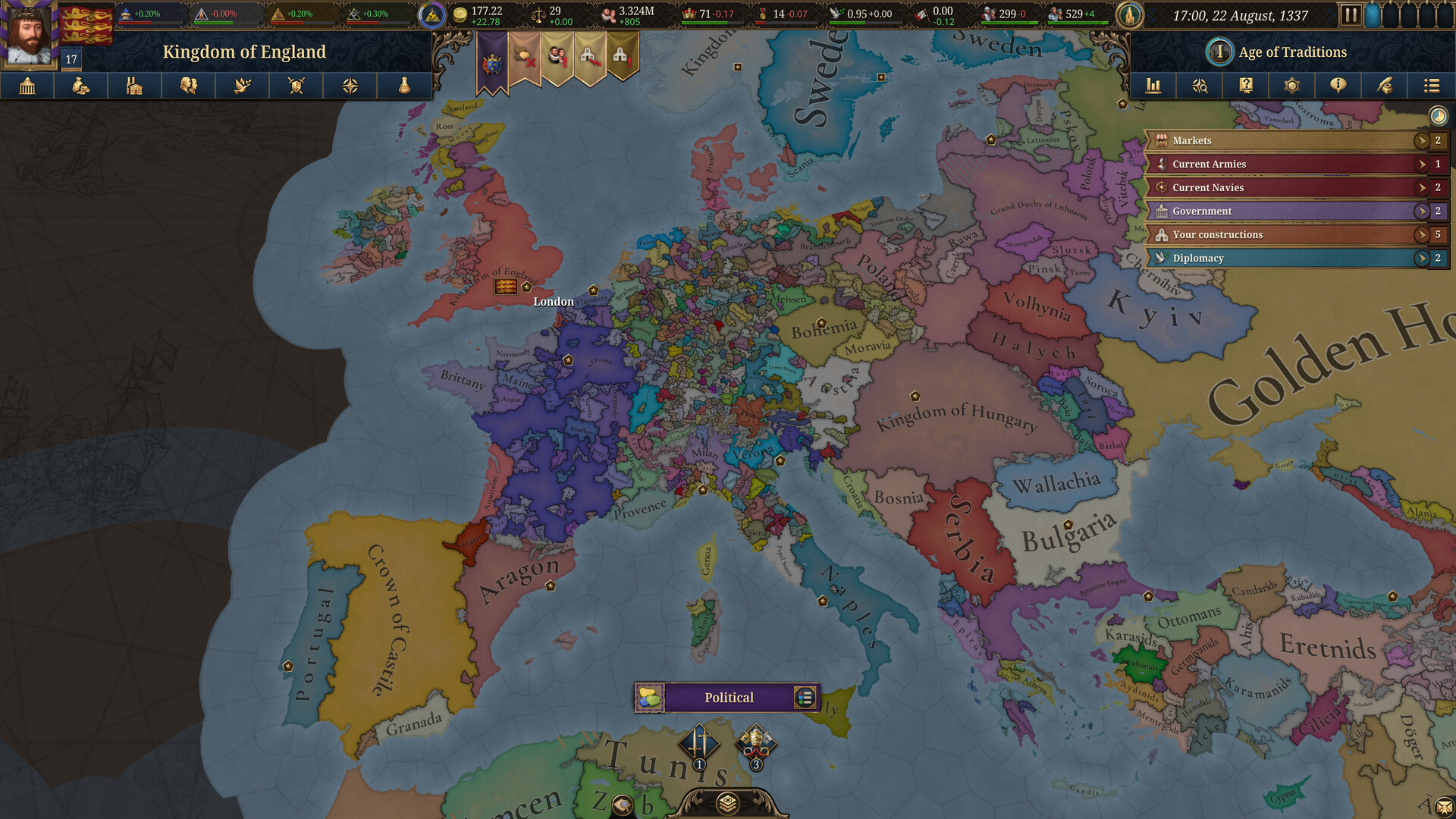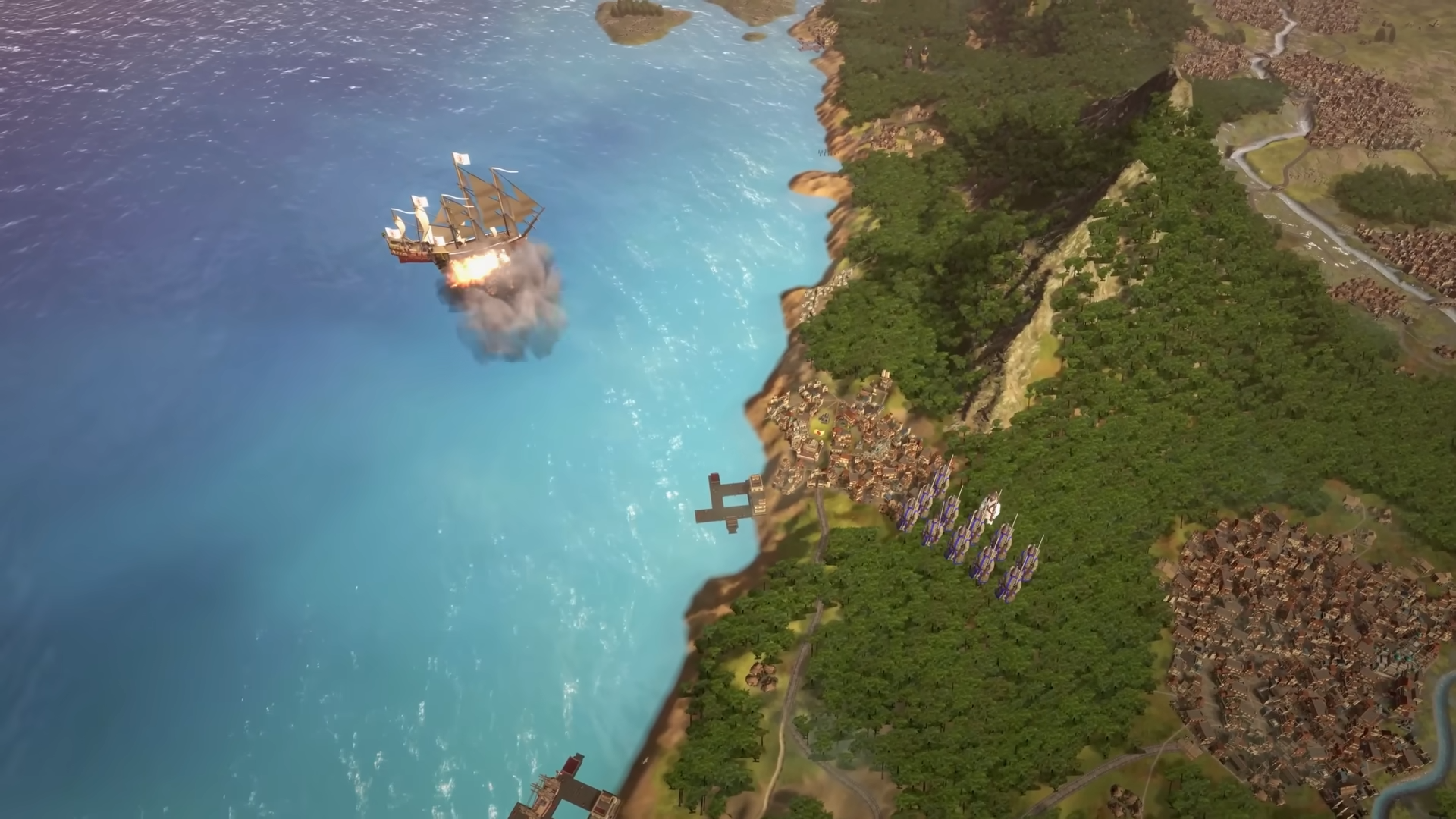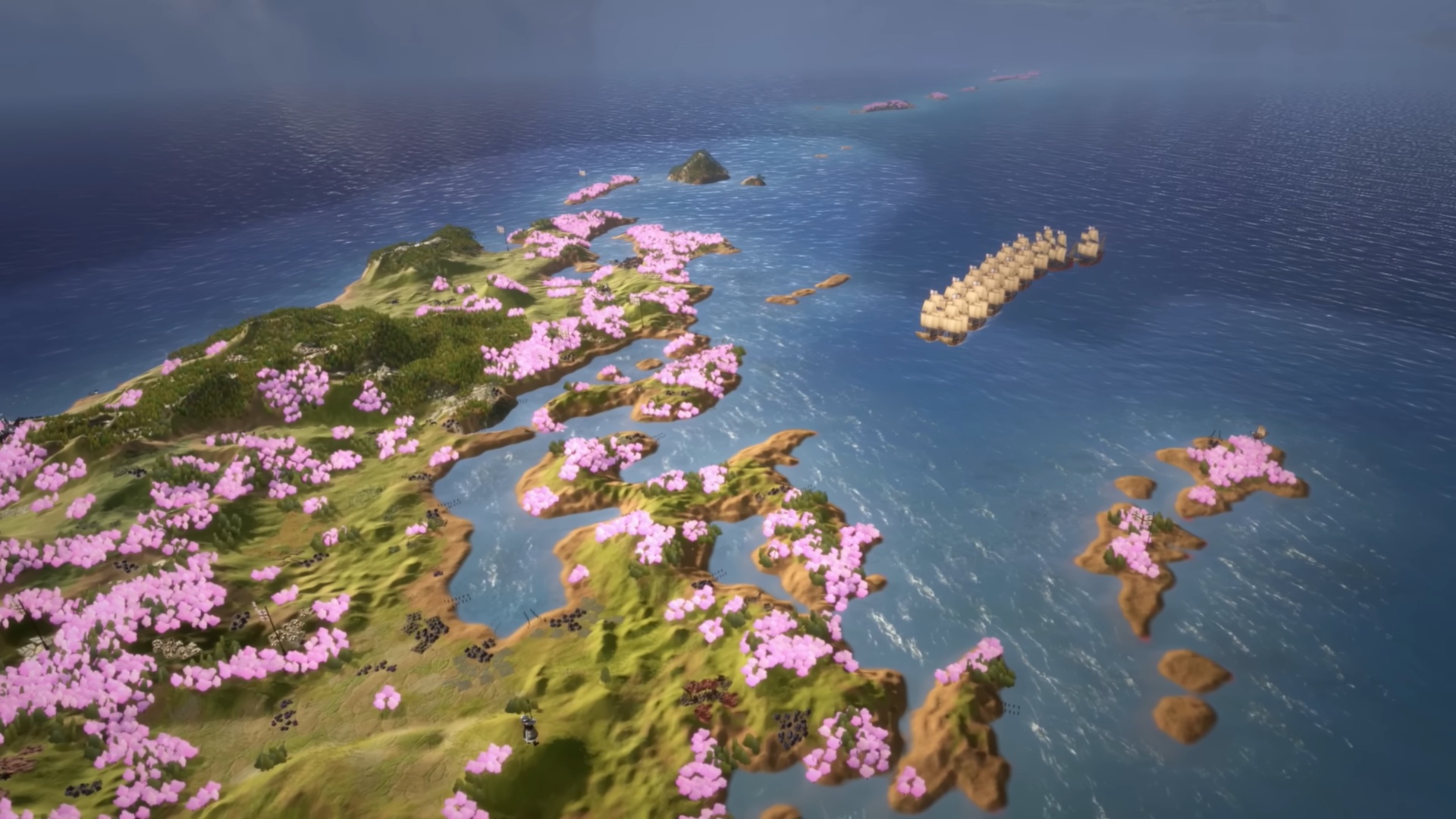Looking for a vlogging camera? These 5 picks in 2025 offer solid video quality, good handling, and features that suit everyday creators.
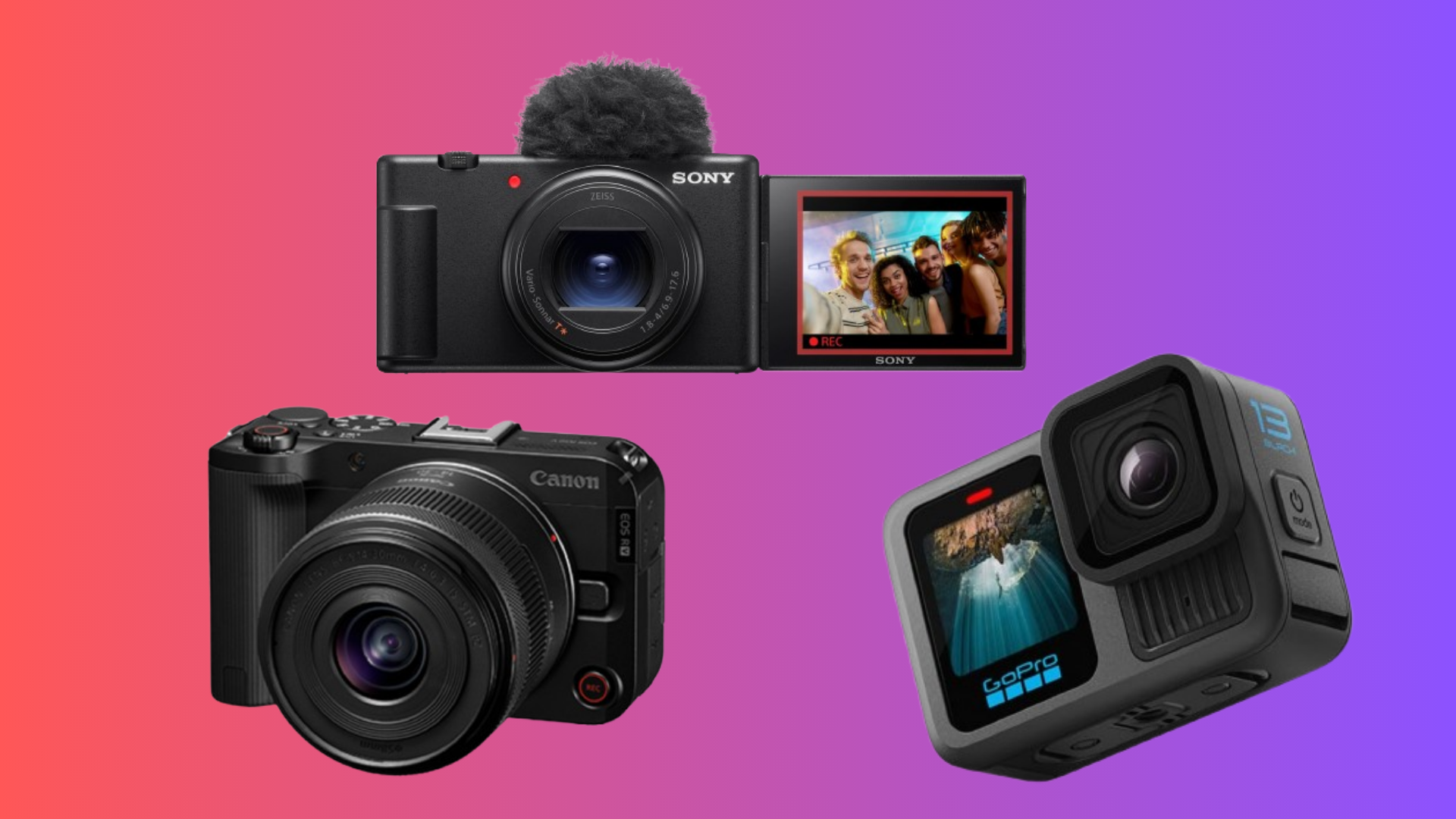
Vlogging Cameras have peaked in popularity in 2025, with more creators joining in to show their lifestyles and day-to-day adventures. While smartphones are capable of doing everything at once, dedicated vlogging rigs offer better features like ergonomics, mic ports, autofocus, and stabilization.
For those creating content, especially daily or on the go, the right camera can streamline production. In this listicle, we have curated the five best vlogging cameras based on video quality, handling, portability, and price.
1) DJI Osmo Pocket 3

For vloggers on the move, the DJI Osmo Pocket 3 is a pocket-sized one-stop solution. It includes a 1‑inch sensor with a 3-axis gimbal, so stability and video quality are always top-notch. The Osmo Pocket 3 supports 4K footage at 120 fps, which works very well for filming motion or slo mo clips.
The flip touchscreen is helpful while framing selfies or recording yourself. The Osmo 3 is compact in size, and the built-in stabilization makes it ideal for travel, urban exploration, trekking, or hiking. The footage is sharp, and its low-light performance is quite decent, thanks to the large 1-inch sensor.
2) Sony ZV‑1 II

The Sony ZV‑1 II is the go-to compact Vlogging Camera for sit-down content, product demos, and street clips. Its 1‑inch Exmor RS sensor is capable of shooting at 4K/600 fps. The ZV-1 II offers 18–50 mm zoom and includes a directional three‑capsule mic with a wind muff. The ZV-1 II works well while composing ultra-wide shots, thanks to its variable zooming. Overall, it’s great for beginners shooting travel, interviews, or desk vlogs.
3) Canon EOS R50 V

For vloggers wanting lens flexibility, the Canon EOS R50 V can be a good option to consider. As a video-centric APS-C mirrorless camera, it captures 4K/60 fps, has Dual Pixel CMOS AF II, and includes features like Cinema View mode and dual record buttons for ease of control. Priced around $699, it is compact and beginner-friendly. Its vari-angle screen and RF mount offer room for versatile mounting options.
4) Canon PowerShot V1
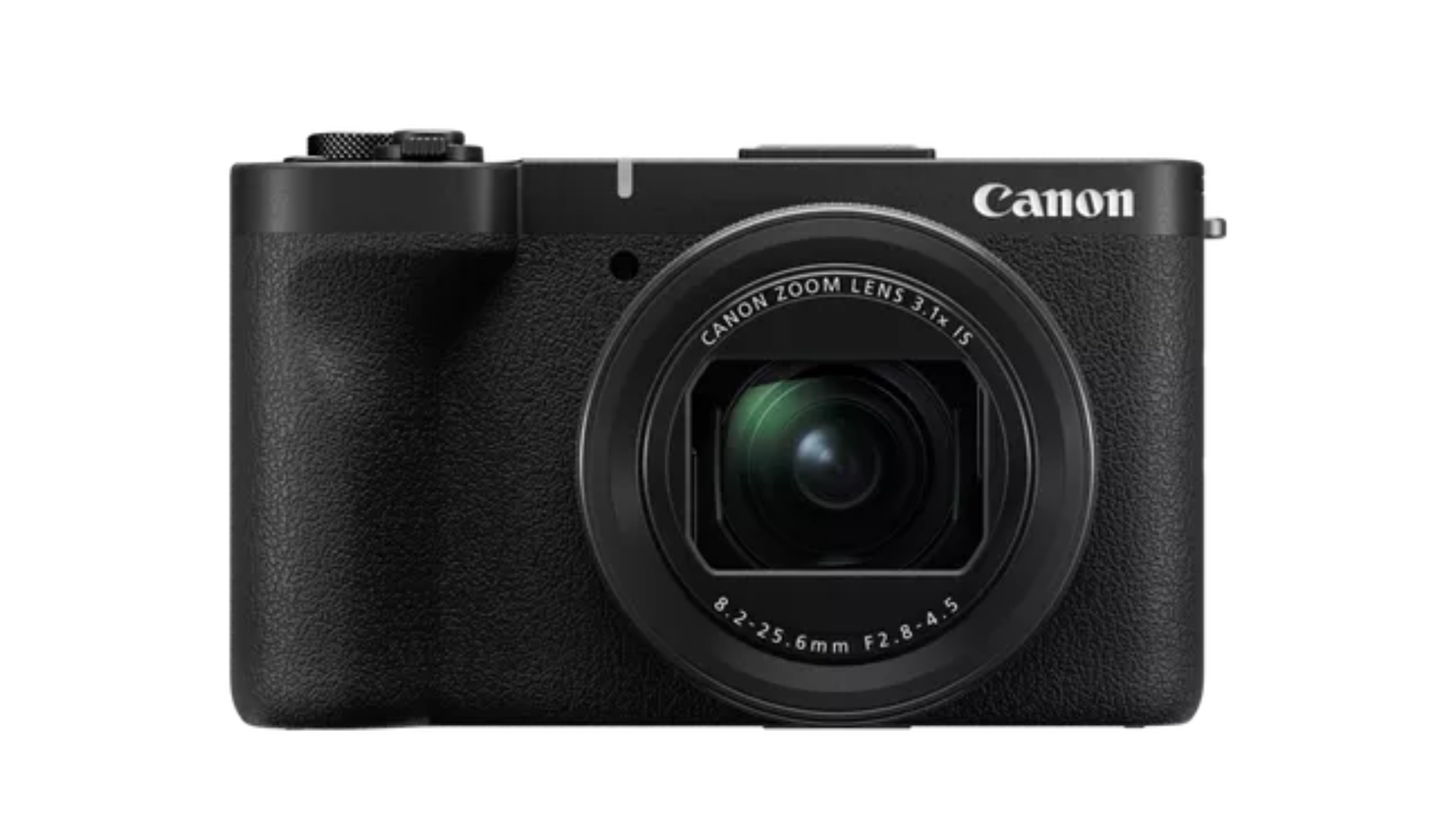
If you want a compact camera with pro-grade features, the Canon PowerShot V1 is something you can consider. Its 1.4‑inch sensor provides full‑size 4K video with no overheating. It includes mic and headphone ports and offers optical stabilization.
This is the only camera on this list that features an active cooling fan, so there are no hiccups due to unwanted overheating. The footage is sharp and vivid in color accuracy. However, the low-light performance could have been better.
5) GoPro HERO13 Black

For action vlogs, hiking, moto vlogging, or underwater dive footage, the GoPro HERO13 Black remains top-tier. It shoots 5.3K/60 fps with HyperSmooth 6.0 stabilization, has better battery life, and supports magnetic Lens Mods, like Ultra-wide, Macro, and Anamorphic lenses to suit your content style and composition.
Its modular system includes automatic recognition and presets based on the lens you are using. However, it still uses an older sensor and struggles in low light.
How to Pick the Right Vlogging Camera
- Portability vs Features: Choose Pocket 3 for travel.
- Flexibility: EOS R50 V allows lens changes.
- Stability vs Optical: V1 offers OIS; Pocket 3 has a gimbal.
- Audio Needs: ZV‑1 II and EOS R50 V have mic ports.
- Action Use: HERO13 Black is waterproof and rugged with mods.
Quick Comparison
| Camera | Sensor | Video | Stabilization | Mic Input | Lenses | Price |
| DJI Pocket 3 | 1″ + gimbal | 4K/120 fps | Gimbal | Bluetooth | Fixed | ~$800 |
| Sony ZV‑1 II | 1″ | 4K/30 fps | Digital | Yes | Fixed 18–50 mm | ~$800 |
| Canon EOS R50 V | APS‑C | 4K/60 fps | Lens-based IS | Yes | RF-S mount | $699 |
| Canon PowerShot V1 | 1.4″ | 4K/60 fps | Optical | Yes | Fixed 16–50 mm | ~$990 |
| GoPro HERO13 Black | 1/1.9″ | 5.3K/60 fps | HyperSmooth 6.0 | Via mods | Fixed + Mods | ~$399 |
Real-World Use
- The Pocket 3 is ideal for students or travelers who vlog while walking or exploring.
- ZV‑1 II shines for creators filming talking-head videos, unboxings, or product showcases.
- THE EOS R50 V suits those balancing performance with creative flexibility, ideal for YouTube or Zoom-focused creators.
- PowerShot V1 is great for hybrid photo/video trips where continuous recording matters.
- HERO13 Black is built for sports vloggers needing waterproof gear and dynamic angles.
The Pocket 3 is great for students or travelers filming on the go. The ZV-1 II works well for talking-head videos, unboxings, and product demos. The EOS R50 V balances performance with flexibility, making it a solid pick for YouTube and virtual meetings. PowerShot V1 suits creators who need longer recording sessions with decent audio control.
The HERO13 Black remains a top option for outdoor and action-heavy content. Picking the right vlogging camera in 2025 depends on how you shoot. Each of these models serves a clear purpose and fits different styles of content creation effectively.
We provide the latest news and “How To’s” for Tech content. Meanwhile, you can check out the following articles related to PC GPUs, CPU and GPU comparisons, mobile phones, and more:
- 5 Best Air Coolers for CPUs in 2025
- ASUS TUF Gaming F16 Release Date, Specifications, Price, and More
- iPhone 16e vs iPhone SE (3rd Gen): Which One To Buy in 2025?
- Powerbeats Pro 2 vs AirPods Pro 2: Which One To Get in 2025
- RTX 5070 Ti vs. RTX 4070 Super: Specs, Price and More Compared
- Windows 11: How To Disable Lock Screen Widgets
 Reddit
Reddit
 Email
Email
